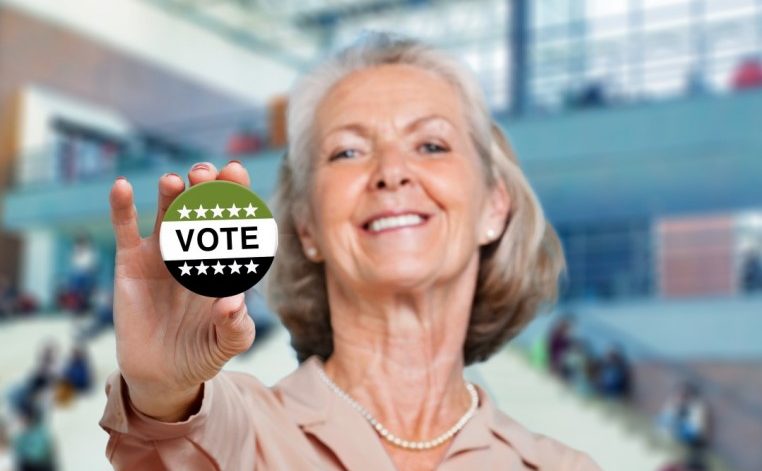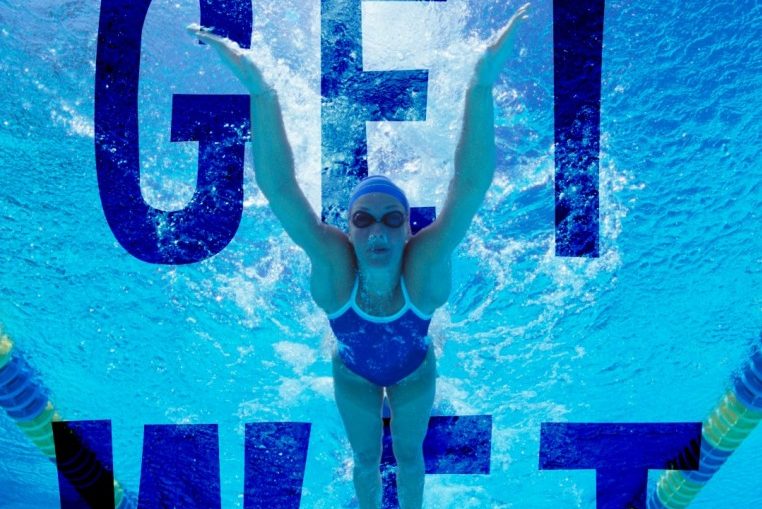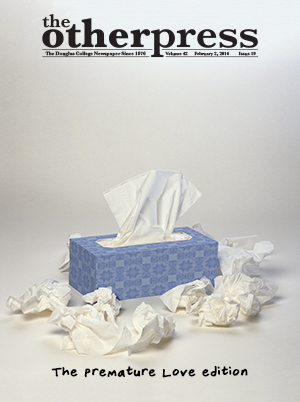
The beginnings of a DSU dynasty?
By Mercedes Deutscher, News Editor
In 2016, Team Action won the hearts of Douglas College students when they were elected to the DSU Representative Committee in a landslide victory over Team NexGen. In the following year, they’ve increased student events, provided safe spaces for all kinds of students, and fought for more accessible and affordable education.
This year’s Team Action roster has a mix of experienced DSU leaders—who are using their experience to bring fresh ideas to new positions—and newer students, who are hoping to be some of the fresh new faces of the slate and provide some new perspectives.
Unlike previous years, there is no competition in this DSU Election. All Action Candidates are the sole nominee for the respective category that they are running in. However, this doesn’t mean that these nominees are guaranteed their desired positions. Rather, whether or not they are elected will be decided by a “yes” or “no” vote.
Who are your candidates?
Coquitlam Campus Director
Francis Ataiza
Terms in DSU: 0
Director of Campus Life
Paul Wittayaworapat
Terms in DSU: 1
Previous position: Member-at-Large
Director of College Relations
Prabh Hundal
Terms in DSU: 1
Previous position: Member-at-Large
Director of External Relations
Tanysha Klassen
Terms in DSU: 1
Previous position: Pride Representative
Director of Finance
Aran Armutlu
Terms in DSU: 1
Previous position: Treasurer
Director at Large (three positions)
McKenzie Hutchison
Terms in DSU: 0
Chandrang Makwana
Terms in DSU: 0
Klyde Ouano
Terms in DSU: 0
Aboriginal Students’ Representative
Sahara Tom
Terms in DSU: 1
Previous position: Aboriginal Students’ Representative
Disabled Students’ Representative
Meredith Graham
Terms in DSU: 1
Previous position: David Lam Coordinator
Pride Representative
Christen McDonald
Terms in DSU: 0
Women’s Representative
Telka Pesklevits
Terms in DSU: 0
A platform of ACTION
So it is clear who the prospective representatives could be, but what are they willing to bring to the DSU?
Many of these platforms are a continuation of the actions and initiatives put in place by the DSU in years past, while others seek to address issues brought up by students. Some of these promises are one-time provisions meant to fix a problem, while others are recurring. Most affect students directly in their day-to-day on campus lives, and some aim to fix issues that are much bigger than Douglas College.
To start, Action wants to address some of the problems that are specific to the David Lam campus. The campus is too often passed over for student life and student engagement opportunities. There is also discussion about the possibility of finally opening a DSU building at David Lam.
Issues regarding food at Douglas are also being addressed. In regards to the cafeteria, students often complain that it does not offer enough staff or operation in the evening. Specific to Coquitlam, high school students from the nearby secondary school often make for long wait times for Douglas students. Action, in cooperation with Chartwells (the catering service that operates these cafeterias) would like to create a more accessible cafeteria. Outside of the cafeteria, Action would like to ensure that there are at least two food events for each campus per semester—one at the beginning of the semester and one towards the end.
Accessible and affordable education is an issue that many members of Action have spoken about during the past week’s candidate forums. Under Action, the DSU will continue their work on advocacy campaigns like Squash the Squeeze, which pressures the provincial government to reduce tuition fees, bring back grants, and reduce/eliminate the burden of student loans. Another campaign is Don’t Close The Doors, which aims to re-instate free adult basic education. Aside from those campaigns, Action is advocating for a more widespread use of open textbooks, rather than books that will cost students hundreds of dollars.
Aside from affordable education, Action is also working towards more affordable livelihoods for Douglas students. At the most basic levels, this means reforming the student food bank to first and foremost feed those who cannot afford groceries. It also means allowing students access to healthcare without having to worry too much about the cost of their treatments. Specifically, Action would like to reduce the cost of the Health and Dental Fee charged to students within the first 60 days of the 2017/18 term (if they are elected).
For fun events, Action hopes to allow students the ability to access more discounted tickets to sporting events, organize more pub nights, have more puppy therapy, and increase the number of campus events. This will also involve more support for campus clubs, as Action plans to increase their financial support to these organizations.
Action aims to decrease levels of student apathy across campus. This started being addressed in the last year with more student engagement initiatives and an increased social media presence. Action promises to continue these actions, addressing the issue as needed.
Creating a school that is accommodating for all students is another large goal of Action’s, and oftentimes there needs to be special provisions put in place for students of all kinds.
International students can hopefully look forward to a wider array of scholarships available under an Action government.
Students with disabilities can also hope to see some sweeping reforms to create a better college experience. Moving the smoking area away from the only accessible ramp at David Lam and advocating for more inclusion for students with disabilities is high on the list of priorities.
Students who fall onto the LGBTQ+ spectrum will see the benefits of an Action government through an increase in mental health spaces, more support systems, and inclusivity discussions with the school and community.
Female-identifying students can expect a continued and strengthened presence of the DSU Women’s Collective over the next year, and students of indigenous descent can expect to see an increased DSU focus on National Aboriginal Day.
Why vote if there is only one team running for office?
The DSU Board of Directors exists to attend to student needs and interests. While Action has demonstrated loyalty to the student body, there have been past student governments that have not been so accountable. Said student governments have been elected with votes being cast by only five to nine per cent of the student population.
Casting a ballot makes the DSU accountable to you, and it makes your voice in student government more powerful. It gives you a better say in how your contributions to the DSU are used.
In the 2016 election, 20 per cent of Douglas students voted, and while that was a dramatic increase from previous years, it still showed that only one in five students was paying attention to what their representative committee was doing, and what they could become.
With all that said, please take five minutes to cast a vote between March 6–10.



